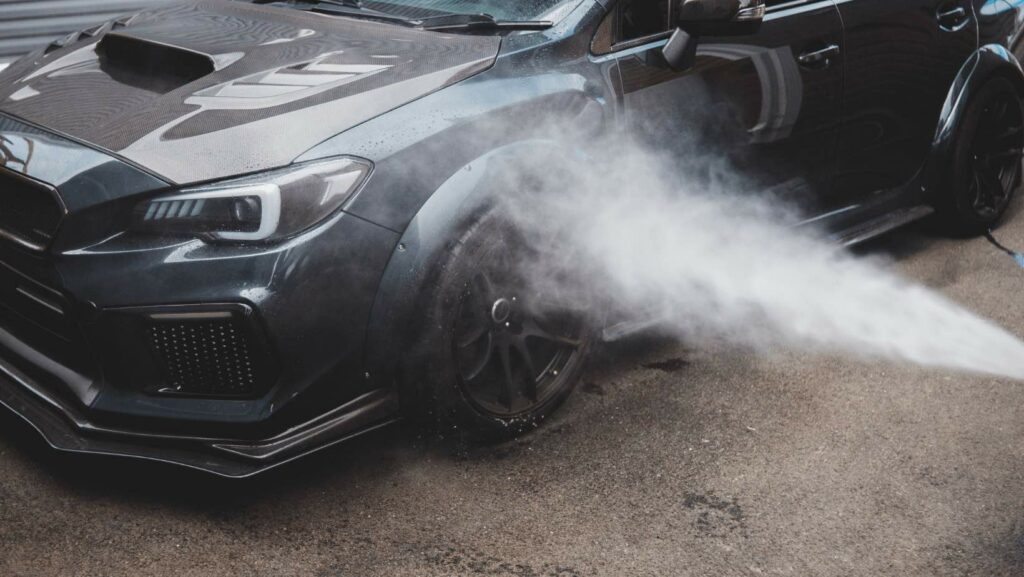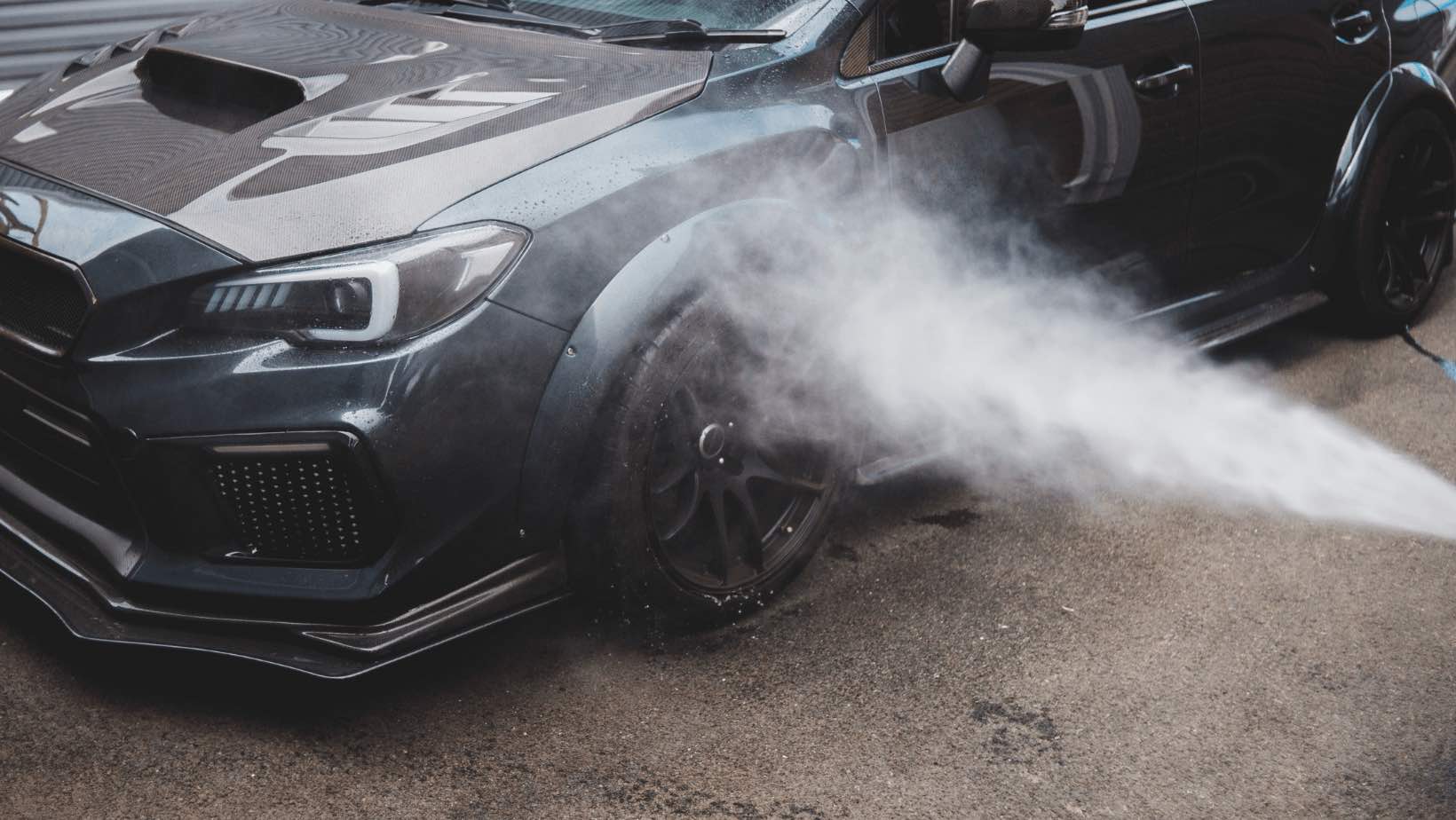When it comes to selecting the perfect pressure washer, the decision-making process can often be overwhelming. With a multitude of options available in the market, each with its unique features and specifications, it’s crucial to make an informed choice. In this comprehensive guide, we will walk you through the key factors to consider when picking the ideal pressure washer that suits your needs. this blog is mainly focussed towards car enthusiasts, i will try to give some tips on choosing right pressure washer for car cleaning.
Assessing Your Cleaning Requirements
Before delving into the world of pressure washers, it’s essential to understand your specific cleaning requirements. Different tasks call for different levels of pressure and water flow. Here’s a breakdown of common cleaning needs and the pressure washer specifications that best match them:
1. Light Duty Cleaning
For tasks like washing your car, cleaning outdoor furniture, or removing light dirt and grime from surfaces, a light-duty pressure washer with a pressure range of 1,300 to 1,800 PSI (Pounds per Square Inch) is ideal. These machines are compact, easy to maneuver, and perfect for delicate surfaces.
If you are a professional car cleaner, you should consider anything closer to 1,800 PSI
2. Medium Duty Cleaning
When tackling more significant projects such as cleaning your driveway, deck, or fence, a medium-duty pressure washer ranging from 1,900 to 2,800 PSI will provide the power you need. These machines strike a balance between versatility and performance.
3. Heavy Duty Cleaning
For demanding jobs like stripping paint, removing graffiti, or cleaning large commercial spaces, a heavy-duty pressure washer exceeding 2,800 PSI is your best bet. These high-powered machines are designed for tough, industrial-grade tasks.

Understanding Pressure Washer Types
Pressure washers come in two primary types: gas-powered and electric-powered. Each has its advantages and drawbacks.
Gas-Powered Pressure Washers
- Pros:
- Greater mobility, as they don’t rely on an electrical outlet.
- Suitable for heavy-duty tasks due to higher PSI ratings.
- Longer lifespan with proper maintenance.
- Cons:
- Noisier and emit fumes.
- Require more extensive maintenance.
- Initial purchase cost is higher.
Electric-Powered Pressure Washers
- Pros:
- Environmentally friendly, producing no emissions.
- Quieter operation.
- Easier maintenance.
- Cons:
- Limited mobility due to the need for an electrical outlet.
- Generally lower PSI ratings, suitable for light to medium-duty tasks.
- May have a shorter lifespan.
Calculating PSI and GPM
Pressure washers are often rated by two critical specifications: PSI and GPM (Gallons per Minute). Understanding these ratings is crucial to selecting the right machine.
- PSI (Pounds per Square Inch): Indicates the pressure or force of the water stream. Higher PSI is suitable for tougher cleaning tasks. If you want to know more, read this.
- GPM (Gallons per Minute): Refers to the water flow rate. Higher GPM means faster cleaning.
To determine the ideal pressure washer for your needs, consider the combination of PSI and GPM. For instance, a machine with 2,000 PSI and 2 GPM is excellent for medium-duty cleaning.
Nozzle Selection
The nozzle you use significantly impacts the pressure and spread of the water stream. Nozzles are color-coded for convenience, with each color representing a different spray angle:
- Red (0-degree): Provides a concentrated, high-pressure stream suitable for stubborn stains.
- Yellow (15-degree): Offers a powerful, narrow spray for intense cleaning.
- Green (25-degree): Ideal for general-purpose cleaning and rinsing.
- White / Tan (40-degree): Produces a wide, gentle spray for delicate surfaces.
- most of the professional car detailers use this nozzle for car cleaning.
- Black (65-degree): Delivers the lowest pressure, perfect for applying detergent.
Select the nozzle that matches your cleaning task to maximize efficiency and protect your surfaces from damage.
Detergent Application
Many pressure washers come equipped with a detergent tank or allow for detergent attachment. Using the right detergent can make a significant difference in cleaning effectiveness. Ensure you choose a detergent suitable for your specific task, whether it’s degreasing, mold removal, or surface preparation.
If you are planning to use pressure washer for car cleaning, you probably be interested in reading about foam cannon and soaps, please follow links.
Maintenance and Safety
To prolong the life of your pressure washer and ensure safe operation, follow these maintenance tips:
- Regularly clean the machine and nozzles.
- Check for leaks and replace damaged hoses.
- Use eye and ear protection, especially with gas-powered models.
- Follow the manufacturer’s instructions for oil changes and other maintenance tasks.
Conclusion
Selecting the perfect pressure washer involves a careful consideration of your cleaning requirements, machine type, PSI and GPM ratings, nozzle selection, detergent usage, and maintenance practices. By following these guidelines, you can confidently choose a pressure washer that will efficiently meet your needs and help you achieve outstanding results in your cleaning projects.

